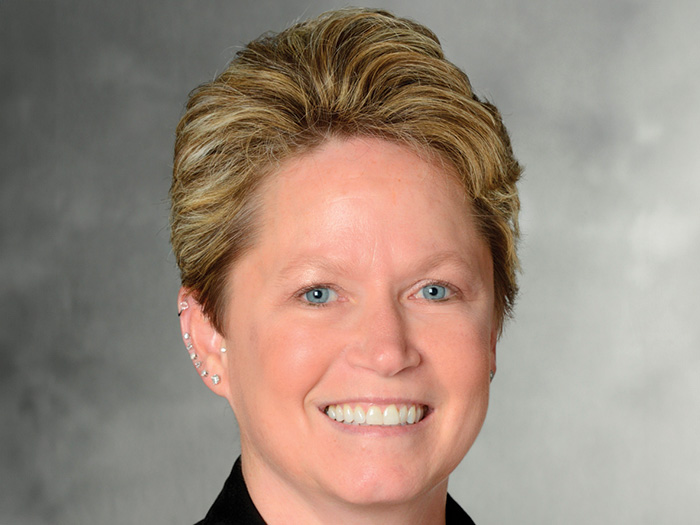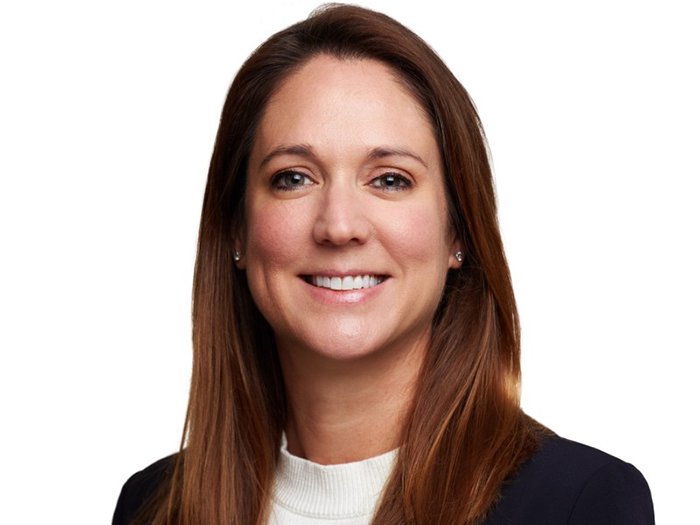White Paper
In Today’s Polarized Culture, Companies Must Have Clear Policies for Employee Speech to Avoid Reputational Damage and EPL Claims
White Paper Summary
Over the past few years, more and more employers have encouraged employees to bring their whole selves to work.
The age of social media has encouraged increased sharing of all aspects of our lives, and its effects have trickled into the workplace. Employees who once eschewed discussions of politics or cultural issues in the office might now share photos from a protest they attended or wear a T-shirt with a political slogan. Others might more readily share personal details about their families or their children.
With this increased openness, however, comes increased employment practices liability (EPL) risk. Employees who are terminated for inappropriate workplace communication or violating a company’s social media policy may sue, alleging racial, gender or religious discrimination.
“There was a time when EPL was only catastrophic insurance, and now it has evolved into everyday response insurance,” said Mary Anne Mullin, SVP, fiduciary and EPL product leader, QBE.
“I think it’s incumbent upon us to be aware of what is going on in the world because it filters down to the workplace, where it can result in exposure under our policies, and to our employer insureds.”
Over the past few years, a number of lawsuits have illustrated the greater risks of today’s increasingly political and polarized workforces. Some employees may misunderstand what types of speech their private employers can and cannot limit, resulting in lawsuits that may be unfounded.
Employers can protect themselves by educating their employees on company policies and consistently applying any rules they have about what is and is not appropriate communication.
To learn more about QBE North America, please visit their website.






